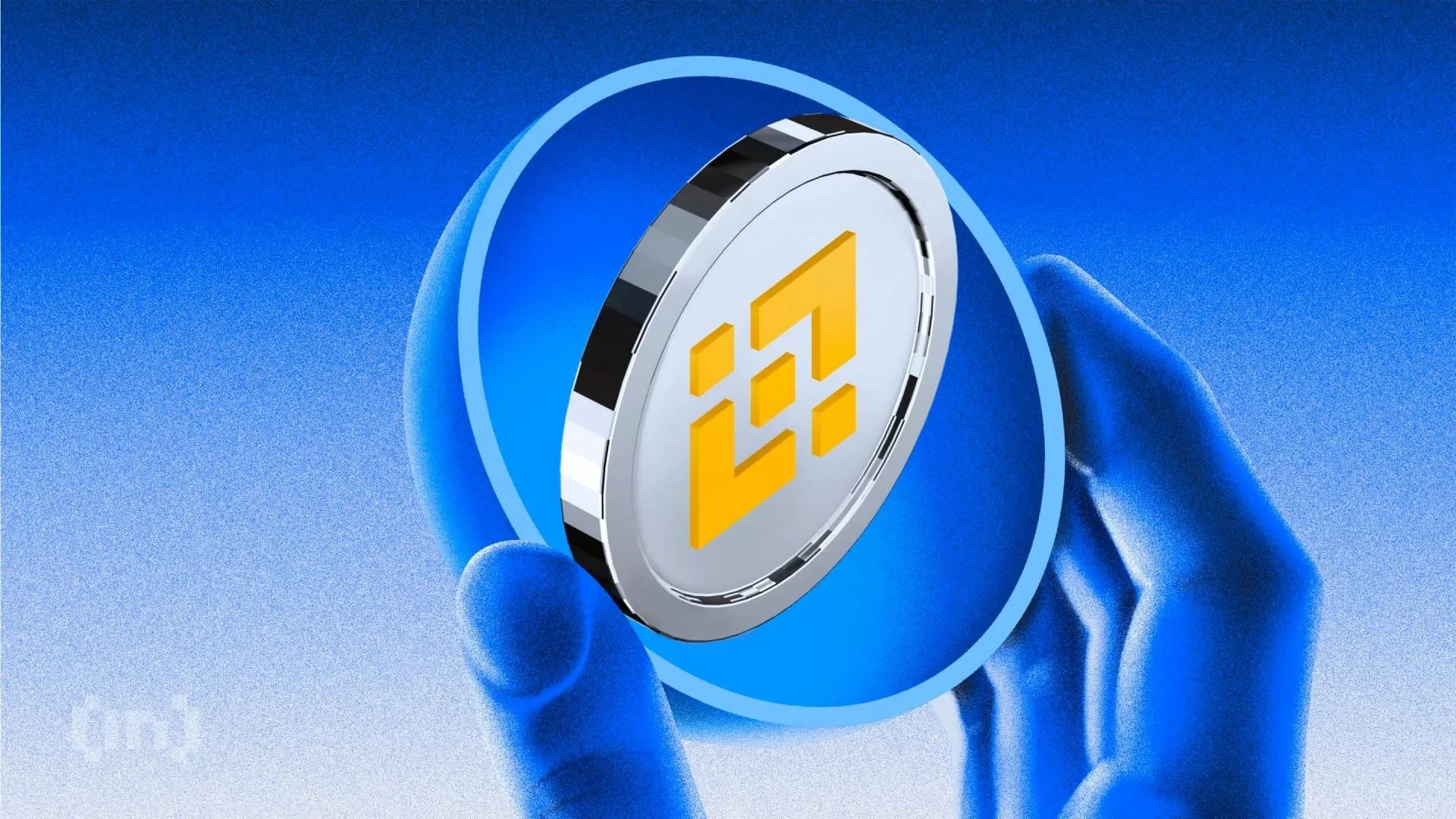Zero-knowledge proofs (ZKPs) are cryptographic protocols that allow one party (the prover) to convince another party (the verifier) that a statement is true, without revealing any information beyond the mere fact of that statement’s truth. Imagine proving you’re over 21 without disclosing your age. It’s all about demonstrating knowledge without exposing the knowledge itself.
What is Zero-Knowledge?
Содержание статьи:
The core principle is proving validity without revealing underlying data. A ZKP should prove a statement is true, without giving away any information beyond the fact that it’s true.
Interactive vs. Non-Interactive Proofs
ZKPs can be interactive, requiring the verifier to ask a series of questions. Or non-interactive where all information is exchanged at once.
Examples of Zero-Knowledge Proofs
One example is proving knowledge of a password without revealing the password itself. Another is proving your identity without revealing personal information.
Applications of ZKPs
- Blockchain: Enabling privacy-preserving transactions.
- Authentication: Proving identity without revealing personal details.
- Secure Communication: Exchanging sensitive information without exposing it.
Casper and Zero-Knowledge Proofs
Casper uses ZKPs to enhance privacy and computational efficiency. They utilize Risc Zero, a zero-knowledge virtual machine. This allows for off-chain computation and on-chain verification, reducing the blockchain’s computational burden.
Limitations and Challenges
ZKPs have limitations, including computational overhead and proof size. Efforts are underway to optimize performance, reduce proof size, and simplify implementation.
